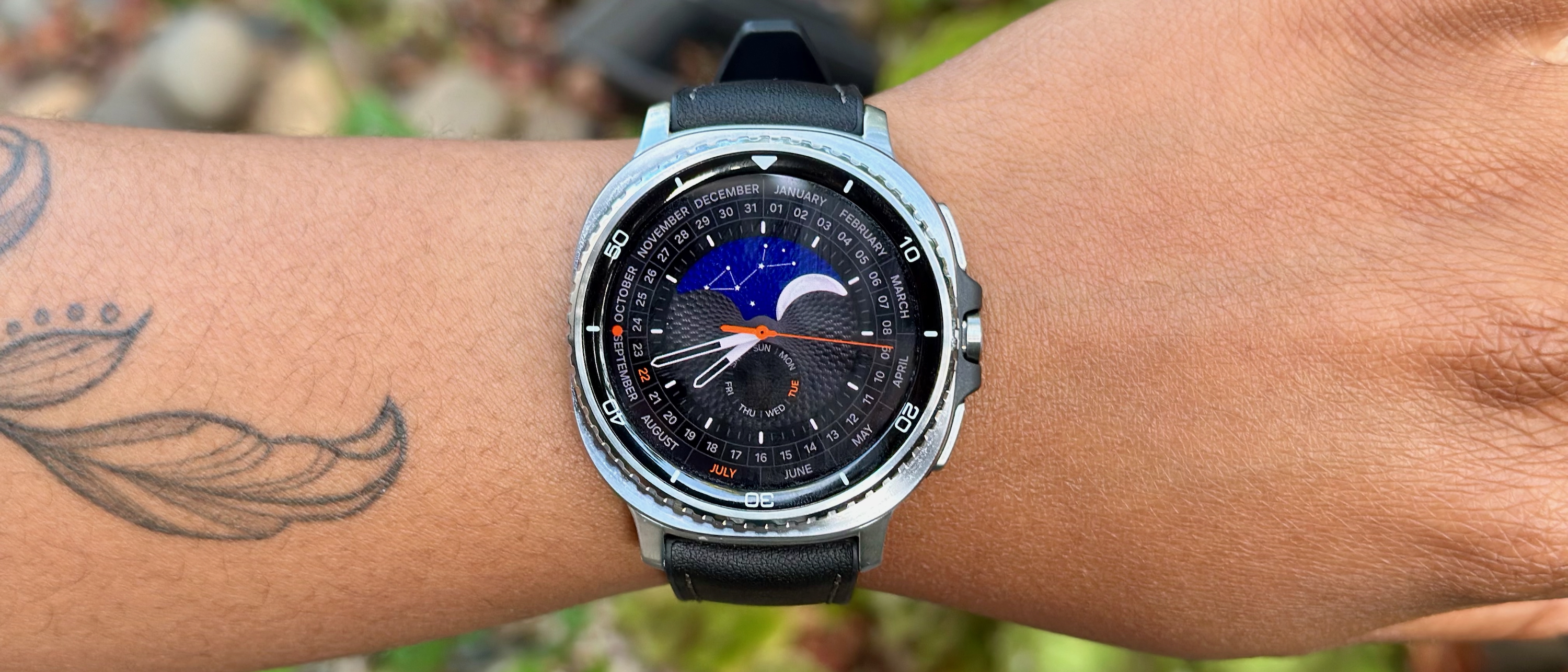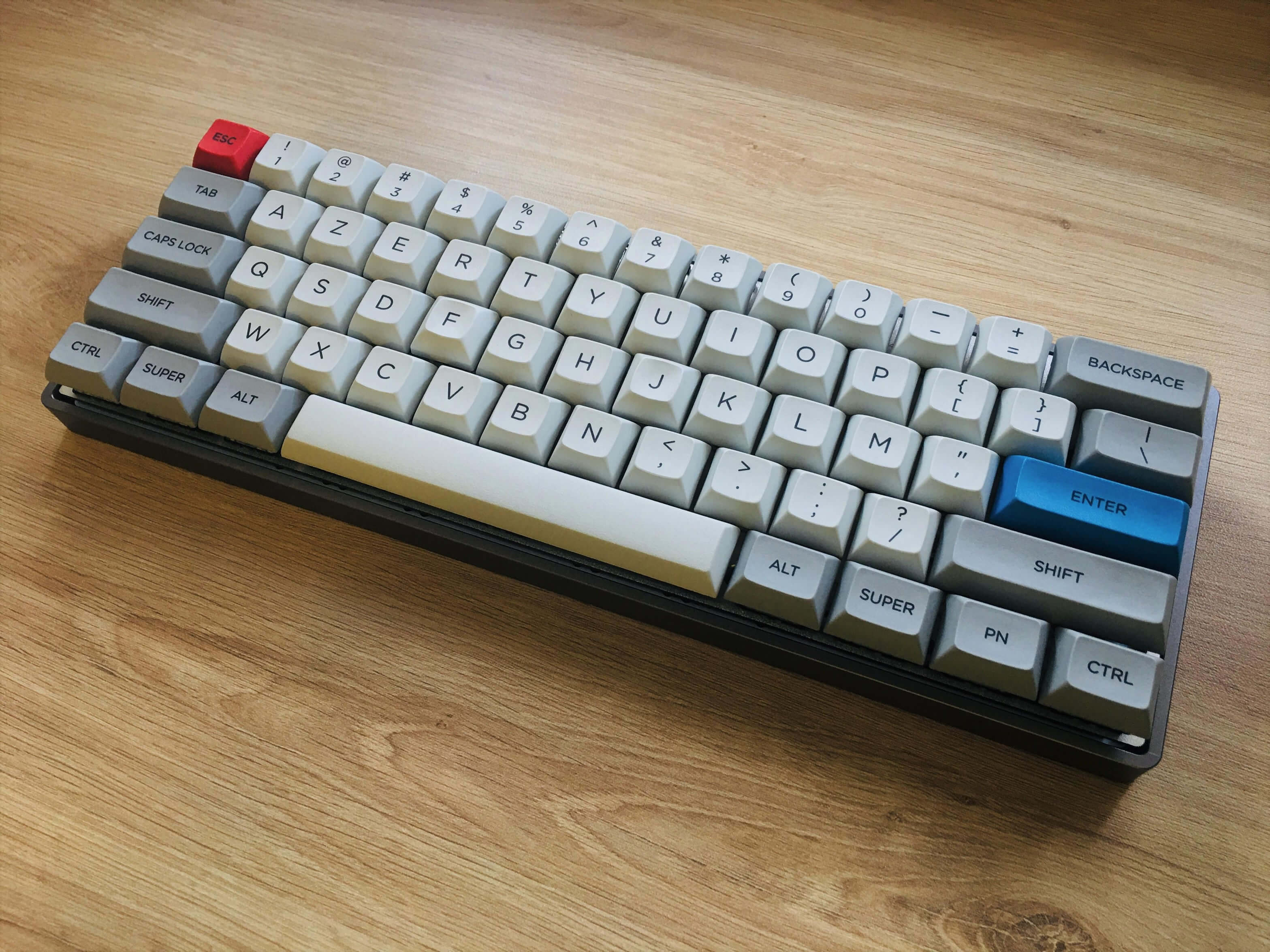- 32 Posts
- 127 Comments

 4·28 days ago
4·28 days agoHow did your 4a perform after it got the battery maintenance update? I remember folks saying the battery life went down to only couple of hours of continuous usage and even charging speeds were finicky.
Edit: I read in another comment by you that you had a 6a as well. That is still under official software support right? Is it even usable after update?

 2·29 days ago
2·29 days agoWell, according to Google, you could be. Link

 1·1 month ago
1·1 month agoI remember using Cent OS (dual booting it alongside Debian) multiple years back. I think it had more or less feature parity with RHEL then and meant for personal use case unlike RHEL.
Too bad it was discontinued. I think the closest fork of it is Rocky Linux.

 5·1 month ago
5·1 month agoNot necessarily. Pixel phones are still very good at photography and crucially, will get 7 years of software upgrades. I would be surprised if this phone hits anywhere close. 165Hz IMO is overkill (heck, many argue 144 Hz on Motorola models is high enough as well).
That being said, the 80 W fast charging does blow away the Pixel (but then many entry level phones as well. The Pixel Pro has 27 W still right?) and raw benchmarks would be higher as well.
Huh, that shouldn’t happen. Whilst Samsung gatekeep certain features for its models only (like ECG for instance though one can bypass it by sideloading the SHM Monitor app from XDA), basic features do work fine with most models. I have a non Samsung device as well.
The watch getting too hot is a problem. I have seen it slowing down it’s charging speed (if not outright refusing to charge) in summers here.
Yes, Garmin is quite good. I only use my Galaxy Watch for basic health and sleep tracking (I know they are paywalling some stuff, but stuff like sleep or heart rate is bare minimum thing) and the odd music streaming.
Garmin definitely would give better milege in that case.

 1·1 month ago
1·1 month agoIt seems like you updated your webpage in the wake of the meme incident. But it has made it unbearable to read. Whilst I was able to read the article in reader mode, the ~ page is virtually an eye sore to browse right now.
While Void isn’t exactly under rated ( it is very highly rated on distro watch for one ), for someone looking for a systemd free distro or a light weight one in general, it is a decent choice. The repos aren’t as broad based as Arch but they do have newer versions of the software that they host.
I could be wrong, but aren’t Linux Mint and Pop OS ultimately based on Debian? (Mint is based on Ubuntu which in return has a Debian base). Debian was my main entry way to the Linux world and there is a reason why so many distros are built on it. Very old as well (not as old as Slack ware but Slack ware isn’t exactly noob friendly).

 22·1 month ago
22·1 month agoI gave Brave a try back in the early days. The Brave wallet was useless and something I didn’t wanted. There wasn’t much to differentiate it from Chrome back then on desktop. On mobile, it has built in Adblock but that’s it. Vivaldi, IMO, bundles in more features for a Chromium based browser.
Either case, I have been on Firefox for multiple years now despite it’s own issues. uBlock Origin is properly supported on it (both desktop and mobile). I think FF(nightly version or Iceraven, a FF fork) is the only browser that allows sideloading of extensions on mobile. Chromium based browsers are way behind in this regard.

 3·2 months ago
3·2 months agoWhilst YT-dlp supports many sites, it’s primary function is still downloading from YouTube and that doesn’t have flac. Even YouTube Music Premium only streams at 256 kbps Aac when set at high, I think.
Using one of those deezer or qobuz bots might be better incase someone really wishes for flac. Or if one wants to invest time, then Soulseek is always there.

 4·2 months ago
4·2 months agoAnd what is your proposal they run? iOS is Apple only; Linux phones are still in their infancy and away from mass adoption. And before you mention Graphene or Lineage OS, both are just forks of Android.

 5·2 months ago
5·2 months agoReminds me when Quora was very popular and subs were dedicated to filtering weird/funny posts from there. There was one called r/Indianpeoplequora and it was quite active back in the day (Quora got a lot of user base here in India at its peak though honestly that site looks eerily empty now).

 6·2 months ago
6·2 months agoListenbrainz is good. I scrobble to both there and Last.fm, there was librefm as well but it is in maintenance mode now practically with no new sign ups.
Yes, Mint does not have any Snap stuff. It was Canonical’s idea to put in Snap and I think Ubuntu Is one of the only mainstream distros to use snap instead of flatpak.
I mean I guess there are more noob friendly distros than Debian [ there was a time when all I saw was Ubuntu around me and it’s ubiquitous Unity DE was instantly recognizable to my eye] but chances are many of them are ultimately based on Debian itself. Mint’s main ISO is based on Ubuntu [and indirectly Debian] whilst they also release a LMDE [Linux Mint Debian Edition] as a fallback variant directly based on Debian. I guess Zorin OS or elementary OS are also decent but they also seem more like heavy reskins to me than anything else.[Zorin has a Windows like feel to it].
Void is rolling release IIRC. The package manager is quite fast and gets the job done. The pain point is that Void has a lower selection of package in its repos compared to say, Arch. Some good stuff is there (for example I was looking for a third party Spotify client ncspot? Back in the day and it was packaged in Void’s repos) but if someone uses niche stuff a lot, there can be issues.
Of course there is Flatpak support. And the system itself is comparatively lean and fast. I don’t think my installation of Void came with plenty of pre-installed apps.
It ships in two builds : glibc or musl. The latter one is less favored because it only makes life tougher honestly. Runit support is a strong point of it though personally I don’t have any anti systemd qualms.
The documentation is basic and okayish. I still often go to Arch Wiki since that’s honestly the most detailed. Also, I just found that it’s the highest rated distro on Distro Watch. I have distro hopped a long time and Void is decent. I still hold Debian in higher regard since it’s slightly easier for a novice to get used to (though it’s repos can be hold often old versions of software) and also because it was my main entry point to the Linux world.
Yes, Trisquel can be a pain to be used as a daily driver. Whilst I admire the philosophy behind it’s concept, it definitely leaves a lot of end work to be done by the user.
I have used Fedora for quite some time in the past . I think Fedora and now discontinued Cent OS were two RPM based distros (I think Fedora now uses Dnf as well) I have used. Cent OS I liked decently, it wasn’t as bleeding edge as Fedora and for a long time I dual booted Cent OS and Debian.
Void is decent independent distro. Ironically I don’t have any anti systemd feelings and just gave it a try for heck of it and stuck to it. I think there is a musl version of Void as well but that makes things only complicated.
I once gave Trisquel a try back in the day. It’s one of those FSF approved distros right? My use case was more ahem, standard rather than anything programming related. Either case, one evening, I ran into a dependency hell trying to install a simple Direct Connect client onto it and no matter how much I tried I couldn’t succeed.
I then decided to move back to Debian. Either case, most distros have Eiskaltdcpp (as one example of a client) in their repos, except for Trisquel. This was multiple years ago. I am currently on Void.

 1·2 months ago
1·2 months agoJava was also my first introduction to programming as it was included in Computer Science in final year of school (at college, we did the trusty C).
I think they have replaced Java with Python now in schools because of the latter’s popularity and also because many would argue, Python is slightly easier to learn than Java.











Nothing’s original phones and it’s sub brand CMF was not focused on US market at all and could only be bought via developer programmer there. It was more geared towards India and the prices matched the specifications there.
IIRC, Nothing’s original phones were made in southern Indian state of Tamil Nadu and it’s previous top tier phone was less than half this price here in India. But with this one, they jumped the gun and made a harrowing decision.
They still have a good array of products in form of Cmf phones (I was close to buying one until I saw it lacked a 3.5mm jack) and earbuds for lower end of the market but they really are being over optimistic here.